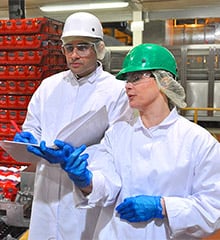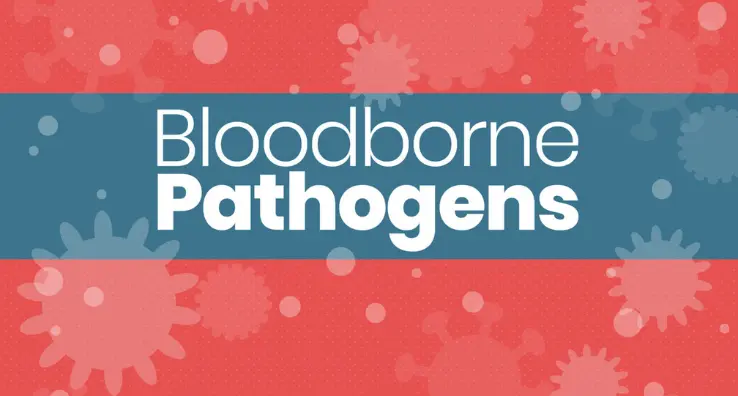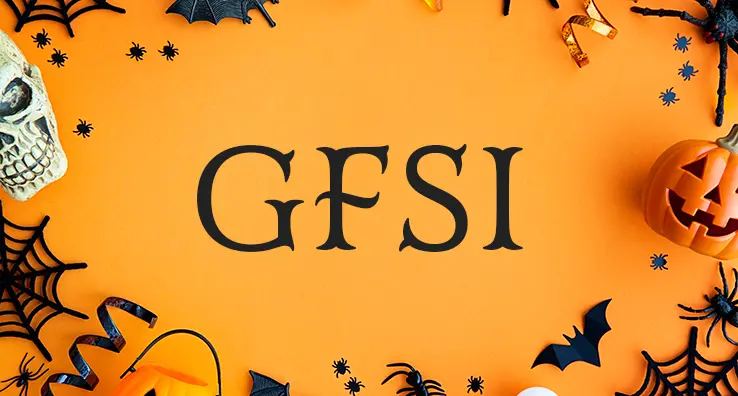Back to Basics: Q&A with Safe Quality Food Institute

Why is the Safe Quality Food (SQF) program important?
Heightened consumer demand for increased food safety assurances is sweeping down the supply chain. Your retailers or service providers are likely asking you to provide verifiable proof that robust food safety control systems have been effectively implemented. As you know, food safety systems must be properly validated and show evidence of continuous monitoring procedures. This is where the Safe Quality Food (SQF) Program comes into play. Whether your plant is just getting started or preparing for advanced certification it’s important to know the basics first.
Is my site required to have to have an unannounced audit?
Wanting to prepare sites for what buyers, retailers and eventually GFSI are mandating, the team at SQF implemented the unannounced audit protocol. In 2014, we released version 7.2 of the SQF Code. Within three certification cycles, the certification body is to conduct one unannounced recertification audit of the site. The unannounced audit will occur within the site’s sixty-day re-certification window (e.g., thirty days on either side of the anniversary date of the site’s initial certification audit).
How do I prepare for an SQF audit?
You can prepare for your plant’s unannounced audit by focusing on making programs more robust. Take the following actions:
- Target gaps identified through regulatory
- Conduct internal and customer audits
- Prepare employees through training
- Use positive reinforcement, and coaching
- Communicate with the certification body throughout the year in regards to outages
- Make sure annual reviews are completed prior to the recertification audit date
- Gather documentation in preparation for the audit
- Identify and prepare backup personnel
{{cta(‘951f5fee-b65b-45f7-99d7-e14a387cc736’)}}
What training is required to be an SQF practitioner?
A review of the requirements for the SQF practitioner outlined in element 2.1.2.5 of the SQF Code, shows that the only required training is HACCP. That being said, there are two training courses an SQF practitioner may opt to take to enhance their knowledge of the SQF Code and Program. The first is the “Implementing SQF Systems” course. Taught in-person by a registered SQF trainer through a licensed SQF training center, or through Alchemy’s online course provides an overview of the SQF Code and Program. The second course is the “Advanced SQF Practitioner” course designed specifically for the existing SQF practitioner to improve and maintain their SQF System. The two-day course is offered exclusively through approved, registered SQF trainers who will lead attendees through activities designed to advance the participant’s food safety system and provide direction to the ongoing maintenance of the SQF Program.
How do I get started with SQF?
There are seven steps you can follow to prepare for SQF certification:
- Learn the SQF Code. This can be accomplished by attending the “Implementing SQF Systems” training course offered by a licensed SQF training center or SQF’s training partner Alchemy Systems or by simply downloading the SQF Code and supporting documents and reading them.
- Step two is to determine which modules of the SQF Code apply to your business.
- Step three is to register in SQF’s assessment database.
- The fourth step is to designate an SQF practitioner, a qualified individual fully employed by the site who will oversee the development, implementation, review and maintenance of the site’s SQF System.
- Next, the site will need to choose their level of certification, 1, 2 or 3, based on the needs of the site’s customers and the stage of development of the company’s food safety and quality management systems. Getting into the heart of the implementation process,
- the next step is to document and implement the food safety and/or quality management systems using the requirements defined in the chosen modules of the SQF Code.
- And lastly, the supplier will choose a licensed and accredited SQF certification body that will conduct the site’s certification audit and issue the SQF certificate.





